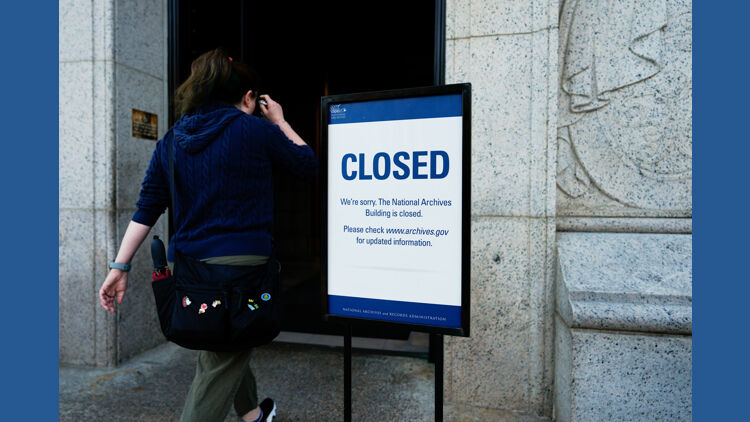Littleton lawmaker seeks ballot access guarantees for candidates with disabilities

Rep. David Ortiz is using his own experience as a lawmaker with disability to push legislation that he said would level the playing field for candidates seeking to appear on Colorado’s ballot either through the caucus process or by gathering signatures.
The bill requires the state’s General Assembly, Secretary of State, and all registered parties that their caucus process — or in any future alternative system to get on the ballot — is accessible to candidates with disabilities.
Notably, the bill would allow candidates to appear at a precinct caucus or party assembly virtually if the locations do not meet physical requirements for candidates with disabilities.
“It is a problem that despite the ADA (Americans with Disabilities Act) being law for almost 34 years, I am the first elected leader in the Colorado statehouse in modern times that could not do their job simply for who they are,” Ortiz, a Democrat from Littleton, said.
There are currently efforts to eliminate the caucus process altogether, such as a ballot measure backed by political activist Kent Thiry, the former CEO of DaVita.
Ortiz said he believes the caucus method remains the only truly accessible route to the ballot for candidates with disabilities.
“I understand the complaints [with the caucus system], but your complaints of it do not give you the right to discriminate and block the only true option for people living with a disability to get on the ballot,” said Ortiz.
Speaking in favor of the proposed bill, Andrew Barton of Colorado Common Cause said, “Neither physical ability to collect signatures nor the ability to caucus in person should be a determinant for who can participate in the political process, interact with their government, or run for office.”
While nobody spoke against the bill, the House State, Civic, Military and Veterans Affairs Committee adopted several amendments, including adding a clause that would ensure that rural areas without broadband access won’t be punished if they are unable to provide the option for a video call to candidates.












